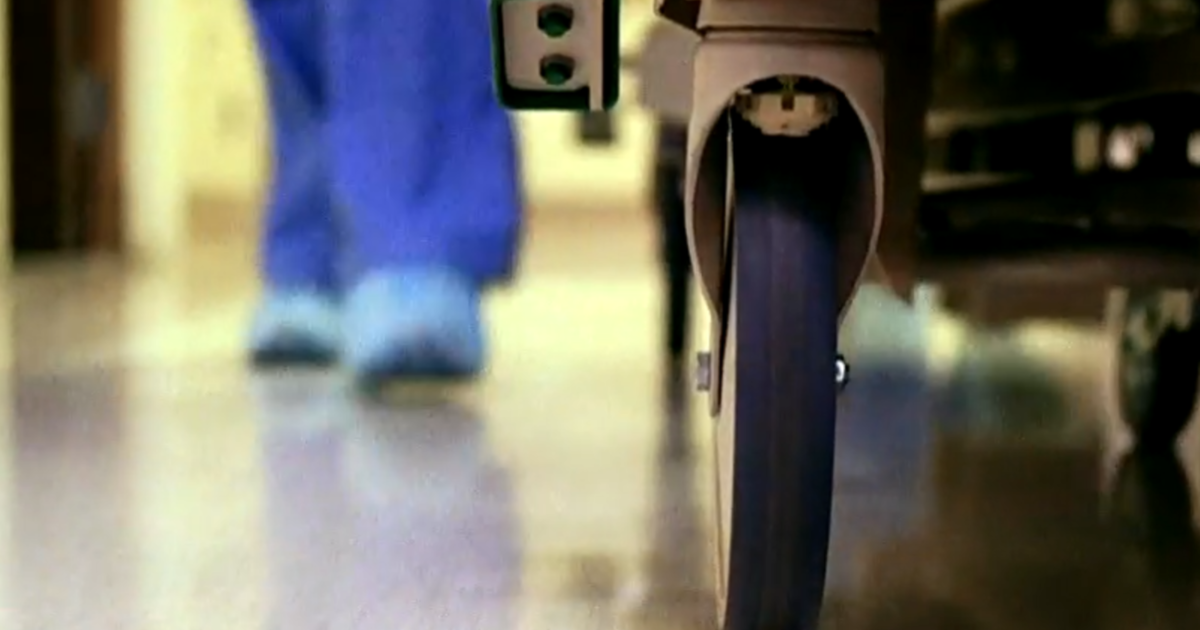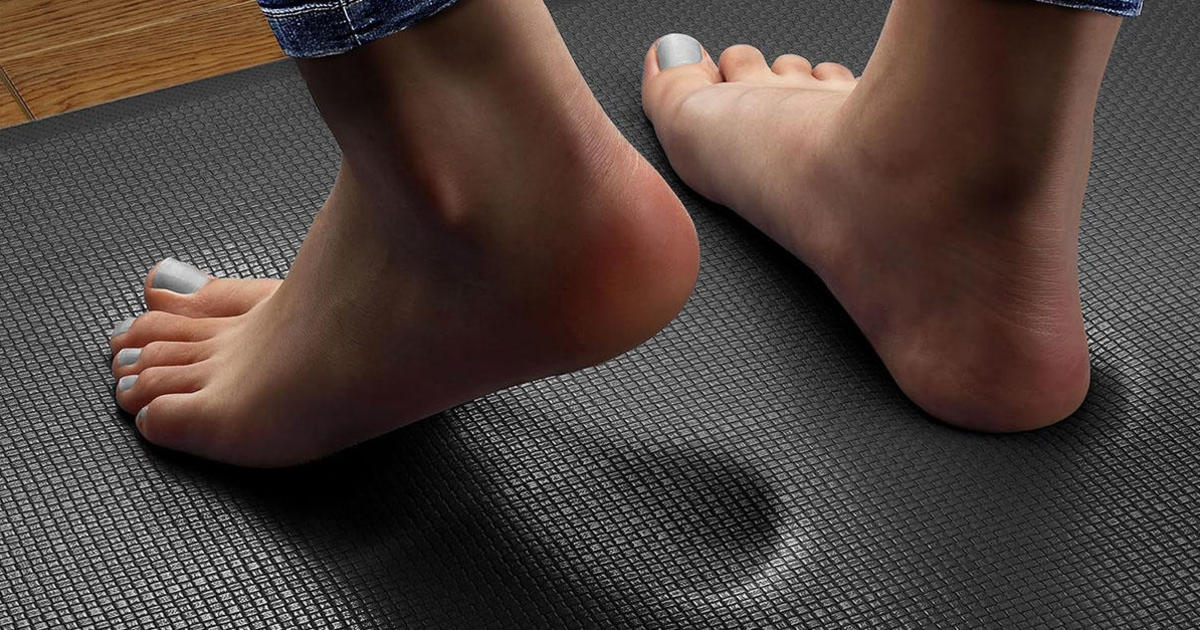2 things teens need for healthy development amid mental health crisis
Teens are in the middle of a mental health crisis - but there are things parents can do to support their kids.
During an interview with CBS News' Norah O'Donnell, clinical psychologist and author of "The Emotional Lives of Teenagers" Lisa Damour shared two things all kids need for healthy development: warmth and structure.
"If you took all of the science we've done over decades in psychology for what parents can provide at home that is most supportive to young people - not just loving our kids but having them have the sense of we'd like them to is the warmth," Damour shared. "And the structure is that there are roles and predictability to family life. That really has over and over again proven to be the magic combination."
Damour admits it can be harder sometimes with teenagers, as "they're not always as receptive to our warmth."
"They can feel like they're pushing away from us, but I think the key with teenagers is to remember that's their job and to not take it personal."
Another aspect that is unique to teenagers, she explains, is they will sometimes have an upsetting feeling they want to share - and nothing more.
"They'll get a bad grade at school, and they'll be carrying it around and they'll want to get rid of it. And so they reach out to their parents sometimes by text or by phone or in person. And they'll tell them something terrible like, 'Oh, I got this terrible test. I'm going to fail. I'm never going to you know be able to function in the outside world.' And the parent will try to help ... and the teenager will cut them off or not respond to their texts or just walk away."
Usually, the outcome is the teenager feels better, even if the parent feels they weren't useful. This is because the act of expressing a feeling helps reduce distress.
"They have dumped the discomfort on the parent, and the parent feels quite a bit worse than they did before it happened, and what we have to appreciate is that often that's actually what allows teenagers to carry on with their day," she explains. "Just to get it out."
When kids share their discomfort, a parent's first reaction is often to give advice, make suggestions or ask questions.
But instead, Demour advises remembering that teenagers are just looking for empathy.
"I would say my number one phrase as a parent, when my own daughters talk about their distress, I say, 'Oh, man, that stinks.' And such a large percentage of the time, that is all they're looking for," she says.



